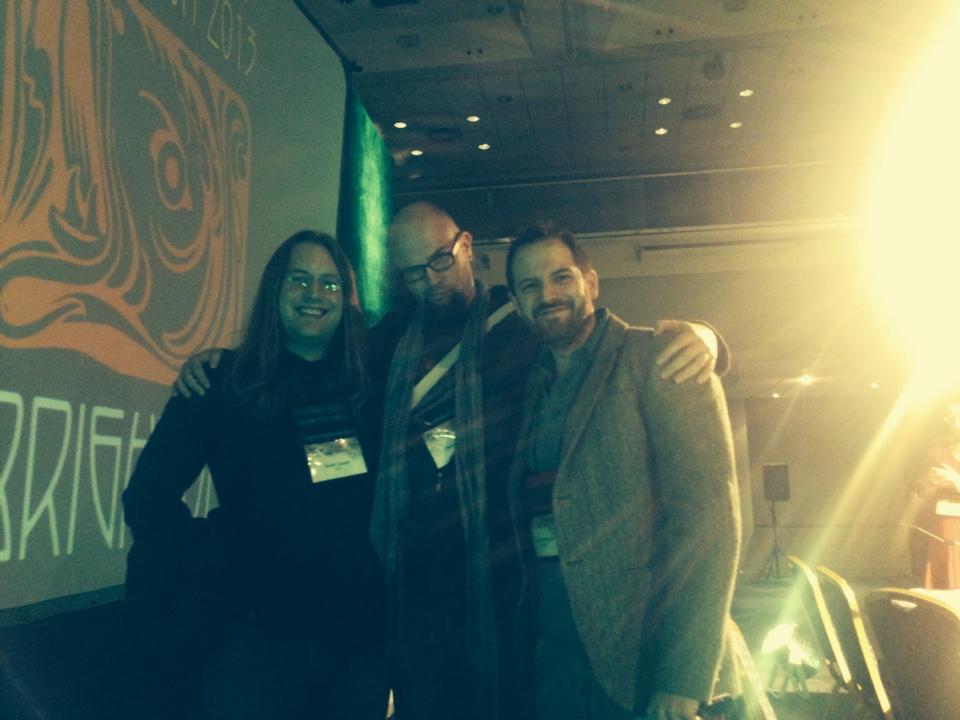We hiked all day, climbing higher and higher through the trees via the zig-zag paths, scuffing our boots on dusty rocks. Our packs weighed heavily upon us then, several days into a ten-day hike.
In retrospect, I chuckle at our youthful enthusiasm for an experience we weren’t really equipped with the fitness for. It was November in New Zealand, 2004. On the first night of the hike, we flung ourselves to the frozen ground in exhaustion, laying down our sleeping bags under an over-hanging crag. If I was ever more cold than I was that night I cannot remember it. We woke to frozen water bottles and got lost that day in snow flurries atop a high mountain.
But on the day of this precious memory, this day of endless climbing, the cold night was so far away it could have been years. All the worries of the first day had been eroded completely. There was no point in worrying anymore. There was nothing but one foot in front of another. The reliable psalm of constant pain in backs and feet, a chorus with each step. I was warm, no matter the real temperature. I hiked in a tank-top, the fabric between me and my trusty backpack always soaked with sweat. We talked, mostly the two of us. We talked of dreams and plans and the things we looked forward to, how much we missed our family and friends after eleven months away and how we would see them soon soon. On that day, I remember a small bag of fruit chews taking on an inordinate importance as we rewarded each other with the treats for making it just to that tree trunk, just until we could touch that rock, just until we were two zig-zag stretches ahead of the others.
On and on we trekked and it felt like forever, but it was only seven hours or so, the span of a regular working day. We walked through streams, didn’t care about wet feet by then. We hopped over rocks, rested our backpacks against trees, drank water like it was the nectar of the gods.
It was getting dusky when we made it to the top of the mountain. To one of those huts you find in New Zealand’s national parks, solidly bare of furnishings but feeling like the Taj Mahal after nights sleeping rough and days walking walking walking. We made blue cheese pasta for dinner. There was no internet, no mobile phone coverage. I lay on the hard pallet in my sleeping bag and read a chapter of a Steven Erikson book by torchlight, chewing one of those glorious fruit chews. I will always remember that moment, pure heaven. To rest after labour, absolute luxury is just some sugar and words while horizontal.
After dinner, our guide took us all out in the dark with our torches to a spot close to the hut where there were natural hot thermal pools. We were the only people on the mountain, no way to these pools except the seven-hour slog. No changing rooms, bottled water, tiled edges, slides. In the dark, we stripped off all our clothes and got in. The base of the pools was uneven, muddy and silty, the water perfectly warm and steamy and it all felt divine on weary backs and feet and dirty bodies. At night, it was cold cold up there on the mountain, and we kept ourseves beneath the water’s level and laughed with delight.
There was a moon, I don’t remember if it was full, but our eyes adjusted and we could see by it after sitting there a while. Our mountain was smaller than the others surrounding it. And suddenly there was a huge cracking sound in the night, and by the light of the moon we could see an avalanche breaking and cascading off down the side of one of the other higher mountains. Maybe we were the only ones to witness it, out there, hours from anything.
And at that moment I remember feeling very small indeed, like a tiny creature balanced tenderly in the hand of the universe. And although it was cold all around us, I was warm, we were warm. And we raced back to the hut laughing and shivering and slept so well that night. And I thought, this is what life is all about, moments like this, and I brimmed with excitement for the possibility of so many more moments woven of the same stuff.










